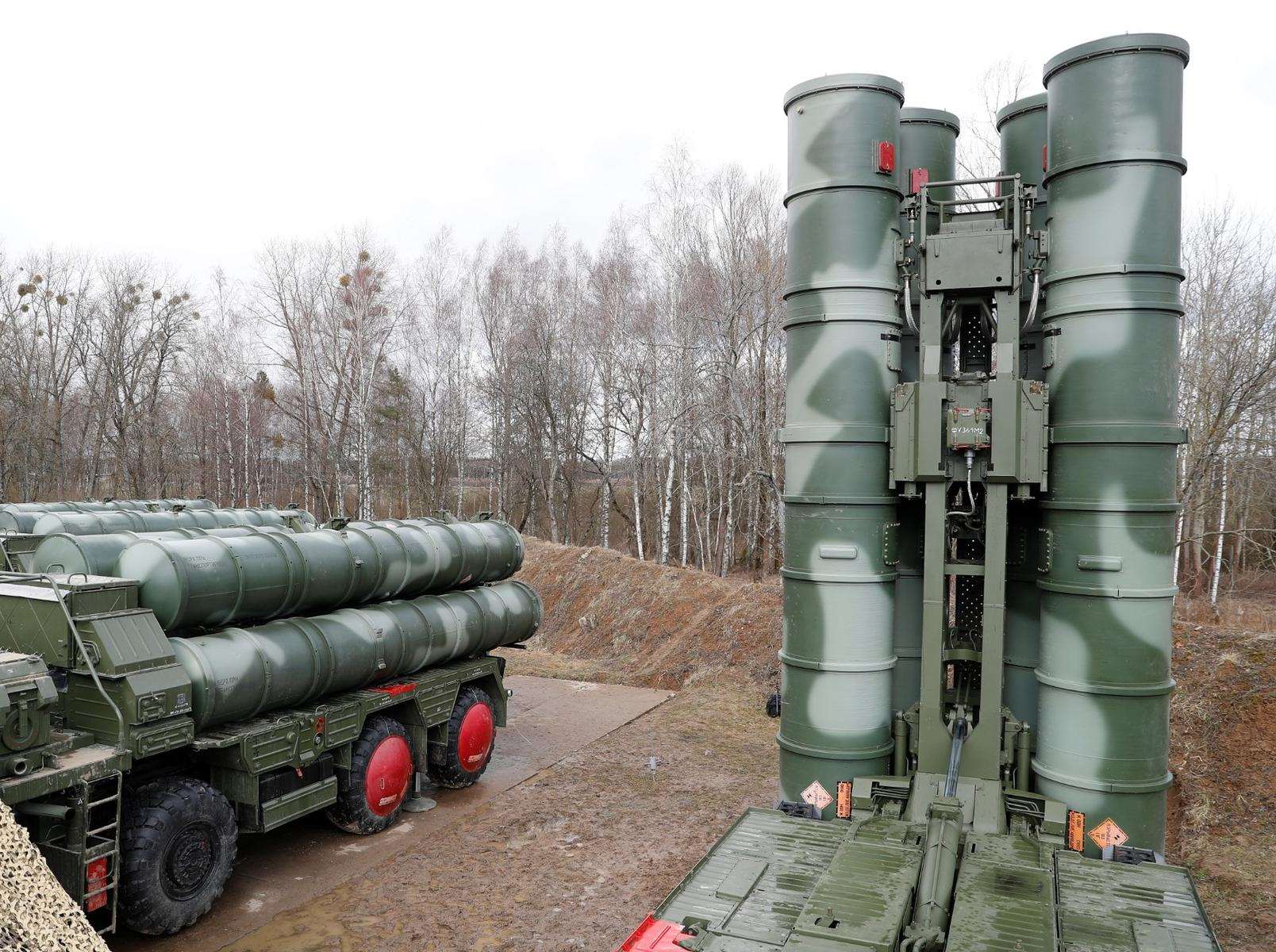Home> World News
World News
By: Lotti Esquibel • World News
The Surprising Global Popularity Of The Last Name Lam
Introduction The last name Lam holds a fascinating global appeal that transcends geographical boundaries and cultural divides. This article delves into the remarkable journey of the last name Lam, exploring its origin, spread, and cultural significance across various countries. As we embark on this exploration, we'll uncover the intriguing stories...
Read MoreBy: Bellanca Sommer • World News
Unbelievable Ways To Ignore Navigation Rules
Introduction In today's fast-paced world, navigating the roadways can be a complex and challenging task. While modern technology has provided us with advanced tools like GPS navigation systems to guide us, there are still individuals who choose to ignore fundamental traffic rules and regulations. This reckless behavior not only endangers...
Read MoreBy: Julienne Chartier • World News
Shocking Confession: 14-Year-Old Girl Reveals Unexpected Feelings About Train Incidents
Introduction The world was recently rocked by a shocking confession that has sparked widespread discussion and introspection. At the center of this revelation is a 14-year-old girl who bravely stepped forward to share her unexpected feelings about train incidents. This confession has sent ripples through communities globally, prompting a deeper...
Read MoreBy: Thomasina Grindstaff • World News
Unbelievable: Plane’s Encounter With Tsunami Sends Shockwaves
Introduction The world was left in awe when news of an extraordinary encounter between a commercial plane and a tsunami emerged. This unprecedented event, which unfolded in the vast expanse of the Pacific Ocean, captured the attention of global audiences and sent shockwaves through the aviation community. The harrowing tale...
Read MoreBy: Davine Garner • World News
OML Stands For “Oh My Lord” Or “Oh My Life” In Text.
Introduction In the fast-paced world of digital communication, acronyms and abbreviations have become a ubiquitous part of our everyday language. These shorthand expressions often convey emotions, reactions, or sentiments with brevity and impact. One such acronym that has gained popularity in text-based communication is "OML," which stands for "Oh My...
Read MoreBy: Goldie Withers • World News
Job Interview Hack: The Best Way To Answer “How Did You Hear About Us”
Introduction The job interview process can be both exhilarating and nerve-wracking. As you prepare to showcase your skills, experience, and personality, there's one question that often catches candidates off guard: "How did you hear about us?" While this may seem like a simple inquiry, your response can significantly impact the...
Read MoreBy: Beitris Cash • World News
5 Promising Signs Your Social Security Disability Appeal Is About To Pay Off!
Introduction Navigating the complexities of the Social Security Disability appeal process can be a daunting and emotionally taxing experience. For individuals who have been tirelessly pursuing the benefits they rightfully deserve, the wait for a favorable outcome can feel interminable. However, amidst the uncertainty, there are several promising signs that...
Read MoreBy: Aviva Hamrick • World News
Decoding The Hidden Meaning Behind A Girl’s ‘Hm’ Text
Introduction The advent of digital communication has revolutionized the way we interact, bringing with it a new set of challenges and nuances in understanding the underlying meaning behind every message. Among the myriad of text-based expressions, the seemingly innocuous "Hm" has emerged as a source of intrigue and confusion. Its...
Read MoreBy: Brett Landis • World News
Nostradamus’ Mind-Blowing Predictions For 2025!
Introduction Nostradamus, a renowned French astrologer, physician, and reputed seer, is widely celebrated for his cryptic yet eerily accurate predictions. His enigmatic writings, notably the collection of 942 quatrains known as "Les Propheties," have captivated the imagination of countless individuals across the centuries. As we stand on the cusp of...
Read MoreBy: Gusty Covey • World News
The Mysterious Giant Of Kandahar: Myth Or Reality?
Introduction The legend of the Giant of Kandahar has captured the imagination of people around the world, sparking intense debates and speculation. This enigmatic figure, reportedly standing over 12 feet tall and possessing incredible strength, has become the subject of numerous accounts and investigations. The mystery surrounding the Giant of...
Read MoreBy: Nara Mulkey • World News
Russia’s S-400 Vs America’s Aegis And Patriot: Battle Of The Air Defense Giants!
Introduction In the realm of military defense, the battle for air superiority has been a constant pursuit, driving nations to develop advanced systems capable of protecting their airspace from aerial threats. Two prominent contenders in this high-stakes arena are Russia's S-400 and America's Aegis and Patriot systems. These air defense...
Read MoreBy: Agnola Tyree • World News
The Tragic Story Behind Mike Tyson’s Son’s Death
Introduction The tragic loss of a loved one can profoundly affect even the most resilient individuals. In the case of former heavyweight boxing champion Mike Tyson, the untimely death of his young son, Exodus, shook the world and left an indelible mark on his family. The heart-wrenching incident, which occurred...
Read MoreBy: Oona Bhakta • World News
Shocking Revelation: Mexico’s Flag Is A Copy Of Italy’s!
Introduction The flags of nations are not merely symbols; they are powerful representations of a country's history, values, and aspirations. Each color, each emblem, and each design element holds a significance that speaks to the heart of a nation's identity. However, what if one of these esteemed national flags was...
Read MoreBy: Calida Zucker • World News
MI6 Vs CIA: Which Secret Intelligence Agency Reigns Supreme?
Introduction The world of international espionage and covert operations has long been a subject of fascination, intrigue, and speculation. At the heart of this clandestine realm are the secret intelligence agencies that operate behind the scenes, gathering intelligence, carrying out covert missions, and shaping the course of global events. Among...
Read MoreBy: Nicole Maples • World News
Si Vs Se: Unveiling The Secrets Of Perception
Introduction When it comes to understanding human behavior and cognitive processes, the concept of perception plays a pivotal role. The Myers-Briggs Type Indicator (MBTI) has shed light on the diverse ways in which individuals perceive and interact with the world around them. Two key components of the MBTI, Sensing (S)...
Read MoreBy: Mellisa Goforth • World News
You Won’t Believe Which Walmarts Are Open 24 Hours In The United States!
Introduction The allure of convenience has become an integral part of modern society. In a world where time is of the essence, the concept of 24-hour establishments has gained significant traction. Among these, Walmart, the retail giant, has embraced the 24-hour model, providing customers with round-the-clock access to a wide...
Read MoreFeatured
By: Doria Ngo • Featured
The Ultimate Guide To Taper Vs. Fade Haircuts: Unveiling The Key Differences
Read MoreBy: Charlot Alejo • Astrology
The Unconventional Aquarius: Sun, Sagittarius Moon, And Aquarius Rising Revealed!
Read More
PLEATED LAMPSHADE ARE MY NEW FAVORITE THING

SHOULD WE STAY LIGHT OR GO DARK WITH PAINTING OUR TINY MASTER BEDROOM?





















